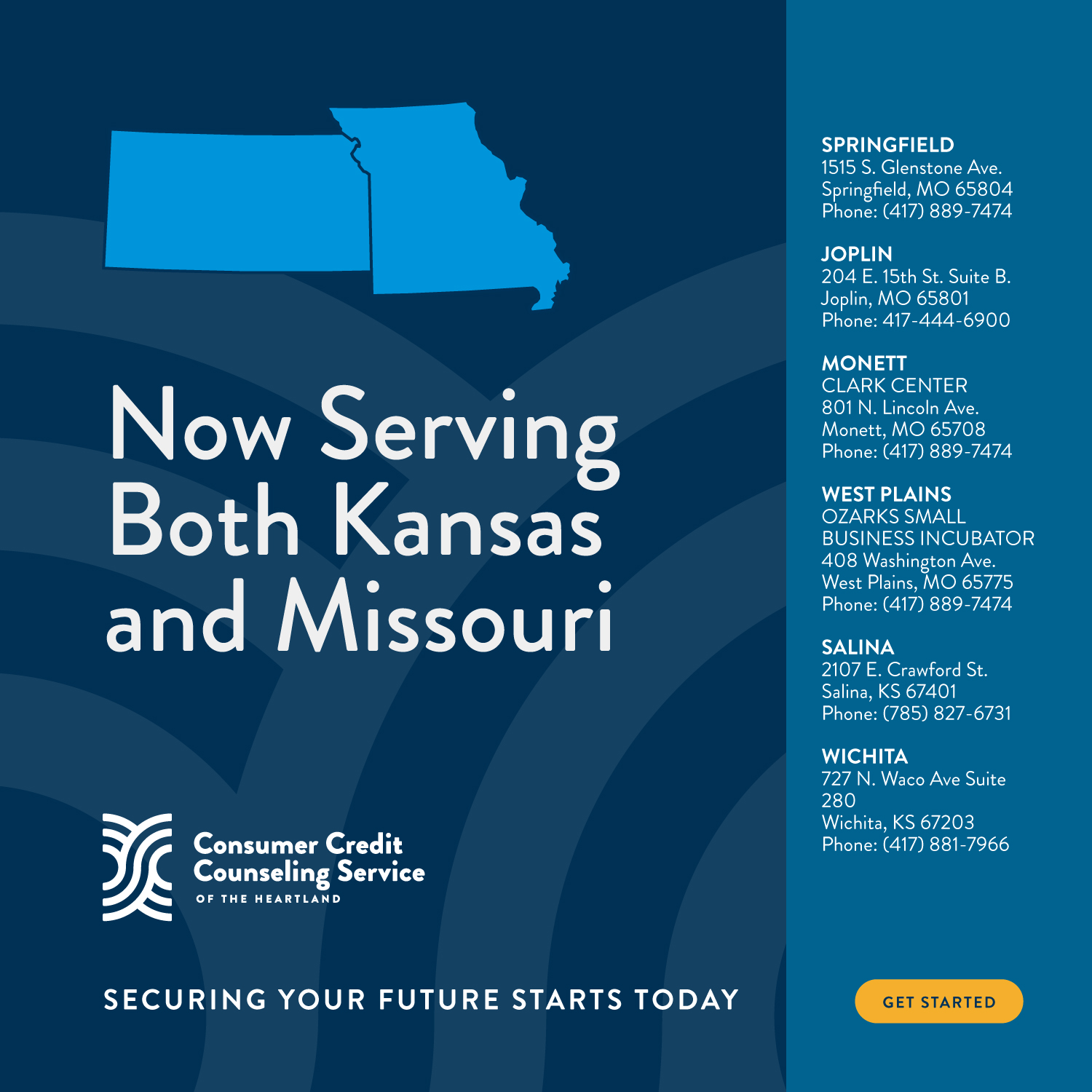When you’re drowning in credit card debt, it can feel like you’re out of options. But you do have choices. Two of the most common are debt settlement and debt management.
While both aim to help you pay down debt, they work in very different ways. The right solution depends on your specific financial situation, your long-term goals, and how each approach affects your credit and peace of mind.
What Is Debt Settlement?
Debt settlement is a process where you (or a for-profit company you hire) negotiate with your creditors to accept a lump-sum payment for less than what you owe.
Example:
Jennifer owes $20,000 in credit card debt and hasn’t made a payment in months. A debt settlement company offers to settle the debt for $10,000, and after months of saving, Jennifer pays the lump sum and closes the account.
Pros of Debt Settlement:
- You might pay less than the full balance
- Useful for large debts when you cannot afford the minimum payments
Cons of Debt Settlement:
- Significantly damages your credit score
- Creditors are not obligated to settle
- You may owe taxes on forgiven debt
- Settlement companies often charge high fees
- The example above could cost you $3,000 -$5,000
- They don’t start paying on the debt until they have collected the full amount from you for that creditor, resulting in further legal action including garnishments.
- No counseling is provided.

What Is a Debt Management Plan (DMP)?
A Debt Management Plan is a structured repayment program typically set up through a nonprofit credit counseling agency, like CCCS of the Heartland. Instead of juggling multiple payments, you make one monthly payment to the agency, which then pays your creditors each month. The goal is to pay off your full debt over time—usually 3–5 years.
Example:
Mike owes $18,000 across four credit cards. With a DMP through CCCS, his interest rates are reduced, late fees are waived, the account is re-aged, and he makes one monthly payment of $400. His credit score stabilizes as his debts are paid on time through the plan.
Pros of a Debt Management Plan:
- No need to take out new loans
- Reduced interest rates and fees
- Accounts re-age after 3 months and begin to improve your credit score
- Can improve credit over time with consistent payments
- Personalized counseling and support
- As a non-profit organization, CCCS of the Heartland focuses on your best interest rather than a for-profit bottom-line.
- Oversight from the Department of Justice
- Our fees are capped by state laws
Cons of a Debt Management Plan:
- Converting to a cash household may be hard for some. It takes discipline.
- Accounts are closed, which may initially lower your credit score
- Not all creditors may participate
- If two payments are missed, the creditor will remove you from the plan and the interest rate reverts back to the original higher rate.
Credit Score Impacts: A Key Consideration
Debt Settlement:
Your credit will likely suffer the most with this route. Settled accounts remain on your report for up to seven years and signal to future lenders that you didn’t repay the full amount owed. Missed payments during negotiation can further damage your score.
Debt Management:
Since the interest rate is lowered, it means more of your payment goes to the debt. This means the debt will be paid off quicker and your credit score will improve over a shorter period of time.

Let’s Break It Down
Choosing between debt settlement and a debt management plan can be easier when you understand how they compare on key factors:
- Total Debt Paid: Debt settlement often allows you to pay less than what you owe, while a debt management plan helps you repay the full amount—but with reduced interest rates.
- Time to Completion: Debt settlement may resolve debts in 2–4 years, depending on negotiations and your ability to save. A debt management plan typically spans 3–5 years with steady monthly payments.
- Impact on Credit: Debt settlement can cause significant damage to your credit, especially if accounts go delinquent. In contrast, a debt management plan may cause a small dip early on, but consistent payments can lead to long-term credit improvement.
- Tax Consequences: With settlement, you might owe taxes on the forgiven portion of your debt. A debt management plan has no tax consequences because you repay your debt in full.
- Fees: Debt settlement often comes with high fees—sometimes 15–25% of your savings. Debt management plans offered by nonprofit agencies like CCCS usually involve low fees.
- Account Status: Settlement usually involves delinquent accounts that may remain that way until the debt is resolved. Debt management brings your accounts current and helps keep them that way.
Let CCCS of the Heartland Help You Choose Wisely
Your financial situation is unique—and so is your path forward. At CCCS of the Heartland, we don’t take a one-size-fits-all approach. Our certified counselors will help you review your credit, evaluate your options, and make a plan that fits your goals.
Get started with an affordable, confidential consultation today.
Call us or book online and take your first step toward freedom from debt.
